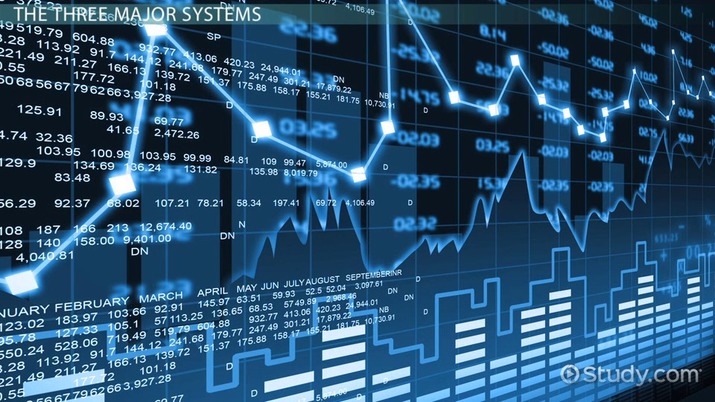
An economy is a place of production, distribution, and exchange, not by local producers and consumers, but by other agents. In broad terms, it is defined as ‘a social community which emphasize the practices, discourses and material exchanges related to the production, employment, and usage of resources.’ It can also be said that an economy exists when certain individuals and groups engage in exchanges that take place on a regular basis and affect the production and distribution of goods. In short, the economy is ‘the manner in which things are exchanged or managed socially.’ The process of economy is usually seen in the process of circulation of money.
There are various kinds of economy. The simplest economy is the market economy, in which there is a direct exchange of goods between producers and consumers at the market prices. This occurs at the price level set by the government and the level that consumers and businessmen agree upon. For instance, the producer decides to sell some goods at a price above his costs in order to raise the income of his firm. His consumers then buy these goods and pay the producer the price difference that they have received.
The market economy, in addition to the government and theology, is characterized by monopoly, the command economy, trusts, cooperatives, price levels determined by a competitive examination, intervention by the state or by a group of producers, and a standard of total freedom. Price controls, price ceilings, and interventions usually occur through subsidies, protectionism, and trusts. Examples of such businesses that do not fall into any of these four categories are: retailers, manufacturers, warehouses, distributors, exporters, financial institutions, services, public utilities, agricultural producers, and manufacturers of durable goods.
